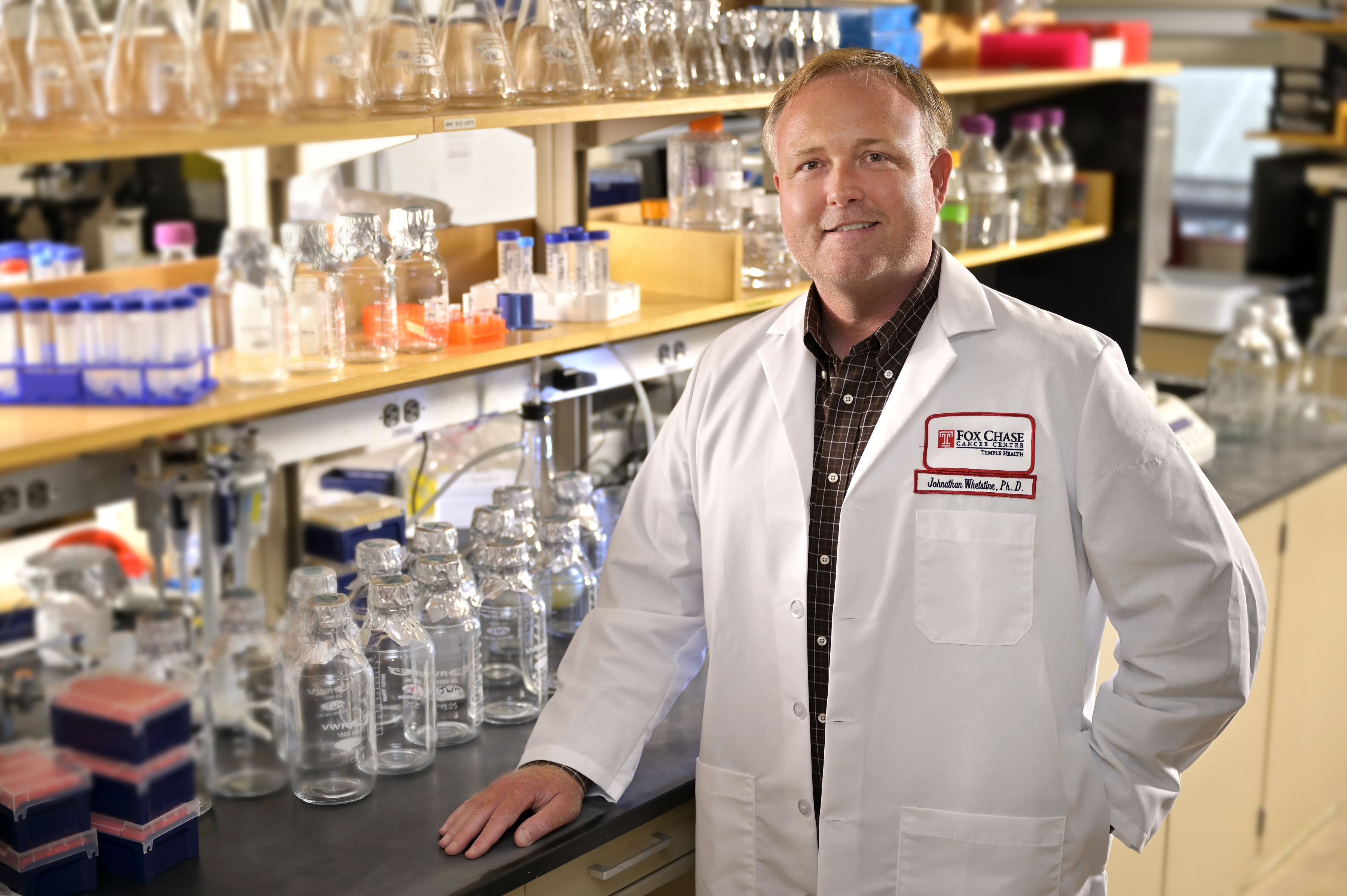
PHILADELPHIA (June 4, 2025) — The process of DNA amplification, the increase in the number of copies of a gene, has long been known to play a role in cancer and other diseases. More recently, research has focused on regulating this process for therapeutic benefit. Now, scientists at Fox Chase Cancer Center have “connected the dots” with a new paper that reviews decades of research and DNA amplification discoveries.
The paper provides a timeline of historical milestones in DNA amplification research, details key discoveries in how the process can be controlled, and lays a foundation for future research in the field, including the use of DNA amplification events as biomarkers and potential therapeutic targets.
“The goal of the review is to provide historical perspective to demonstrate that amplifications are not necessarily a pathological consequence, but that there are regulatory networks that control them, as well as to give perspective that this is an area where we can think about directed intervention,” said Johnathan Whetstine, PhD, Director of the Cancer Epigenetics Institute (CEI) and Co-Leader of the Nuclear Dynamics and Cancer Research Program at Fox Chase, and corresponding author on the review.
Chloe Azadegan, a doctoral candidate at Drexel University, was the first author on the study. She was recently selected for the Epigenetics Summer Course Fellowship through a partnership between the CEI and the Institute Curie in Paris.
DNA amplification is a natural process that increases the number of copies of certain sequences of DNA, replicating specific regions of the genome. Cancer cells often hijack this process to drive the expression of cancer-causing genes and facilitate tumor growth, proliferation, and survival.
While DNA amplification was long thought to occur randomly, more recent research, including by Whetstine’s lab, has shown that it is actually a controlled process. Subsequent studies have focused on better understanding the mechanisms involved in DNA amplification, with a goal of learning how it can be manipulated to fight disease.
The new review, which was selected for the journal’s cover, is part of a special issue dedicated to honoring the late molecular biologist C. David Allis, PhD, a pioneering epigenetics researcher and a former inaugural member of the CEI advisory board. Whetstine, who is also the Jack Schultz Chair in Basic Science at Fox Chase, noted that Allis was a collaborator on his first study, which demonstrated for the first time a role for epigenetic factors in directly regulating DNA amplification.
The Whetstine lab’s new review provides an in-depth history of DNA amplification research, beginning with early observations and theories, studies of its role in cancer progression, a growing understanding of how epigenetics regulates the amplification process, and the discovery of how DNA amplification could be activated and controlled with drugs.
Whetstine said the review coincides with a resurgence of interest in DNA amplification, with new research focusing on investigating how the process can be used to identify biomarkers or therapeutic targets in amplification-linked diseases like cancer.
DNA amplification research has a rich history, and Whetstine believes the field still has many more surprises in store.
“After all these years, if someone asked me what I thought the most important thing about DNA amplification research was, I would say this: Dogma doesn’t matter, and don’t assume that what you see is the final state,” he said. “And I would add this: The genome is far more plastic than I ever thought it would be.”
The review, “Connecting the Dots: Epigenetic Regulation of Extrachromosomal and Inherited DNA Amplifications,” was published in the Journal of Biological Chemistry.